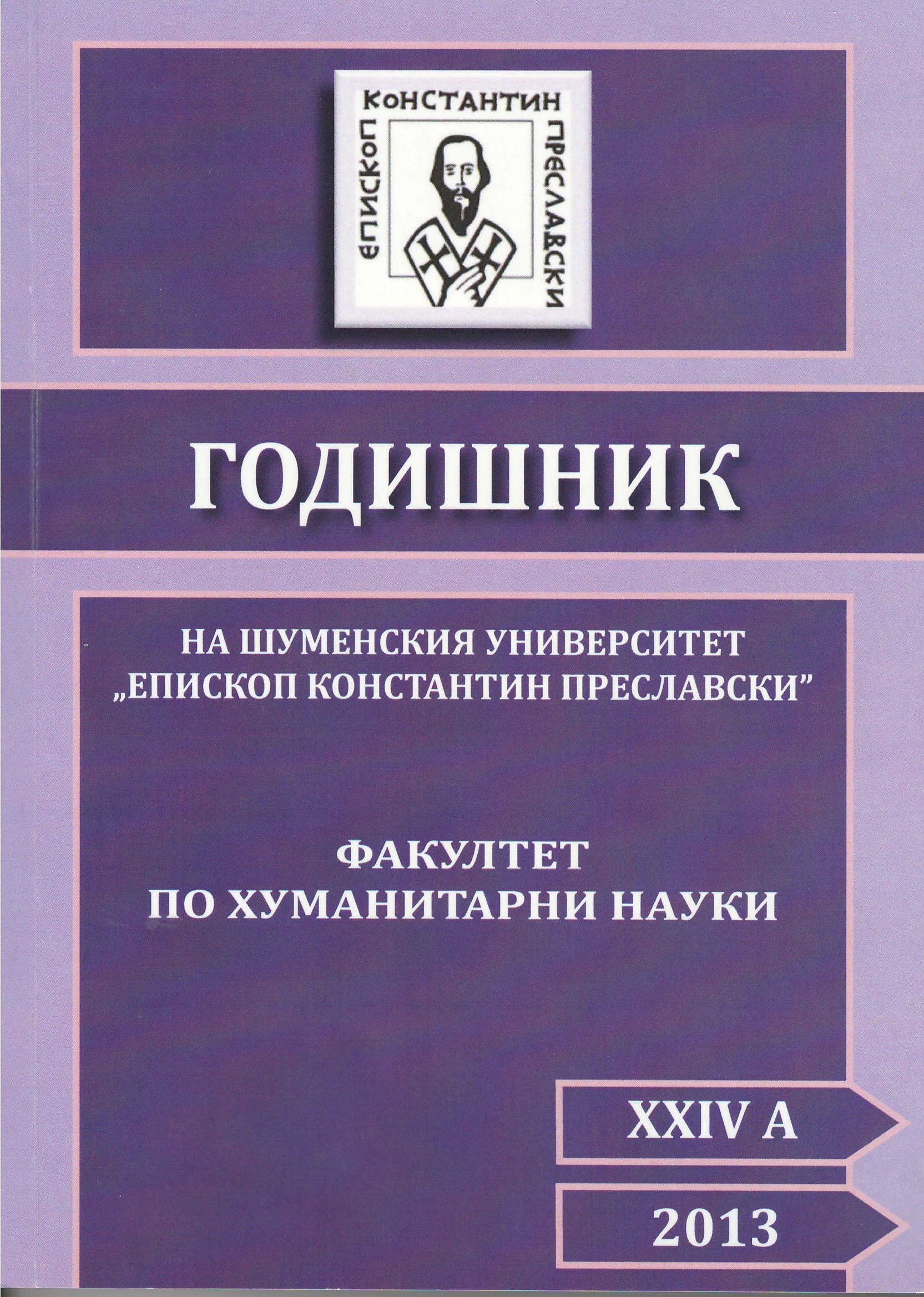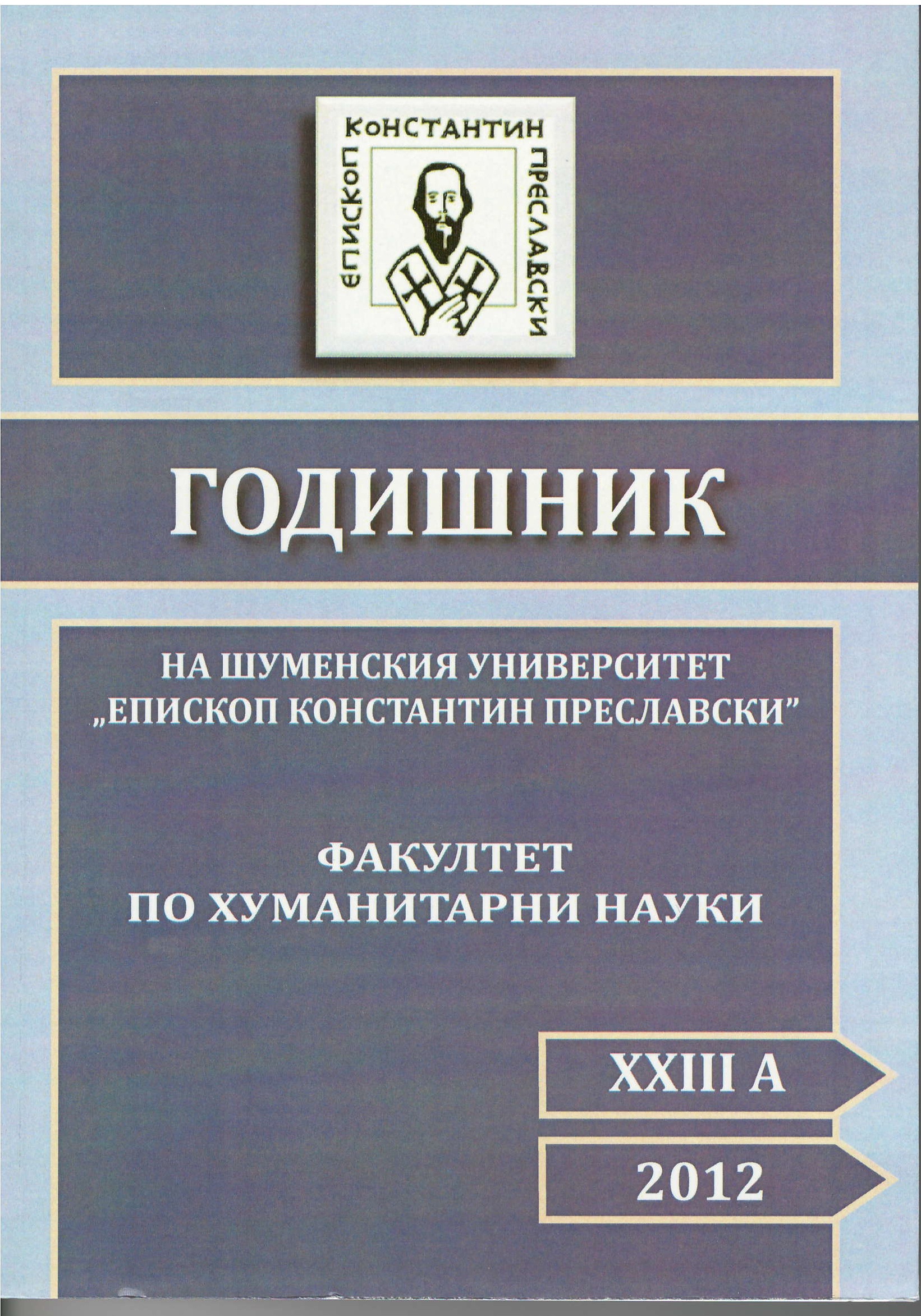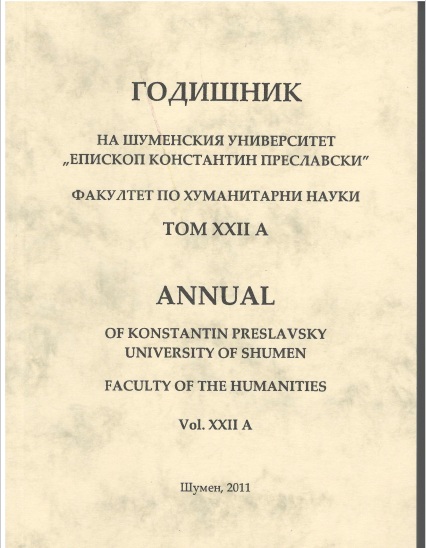
Метафора как объект научных исследований в рамках современной дискурсивно-когнитивной парадигмы
The paper discusses some modern approaches in the research of metaphor. Metaphor is viewed as a phenomenon of interaction of language, thinking and culture. It is becoming one of the most important scientific objects in discourse-cognitive paradigm of modern research.
More...

